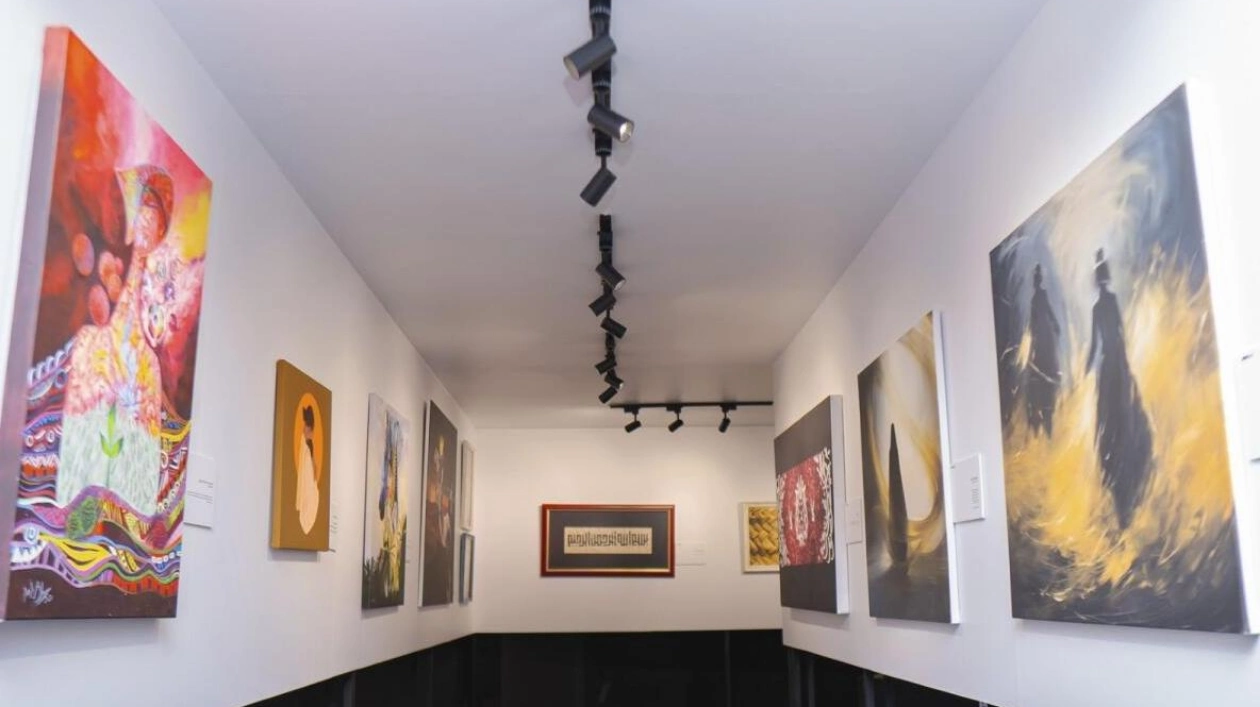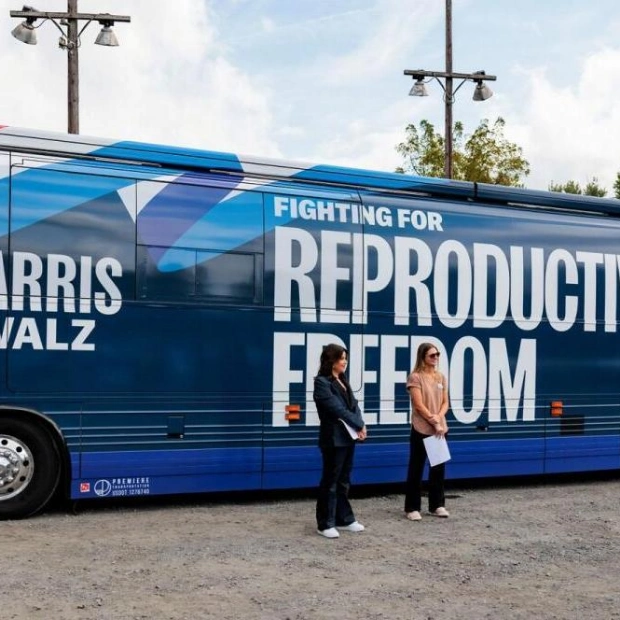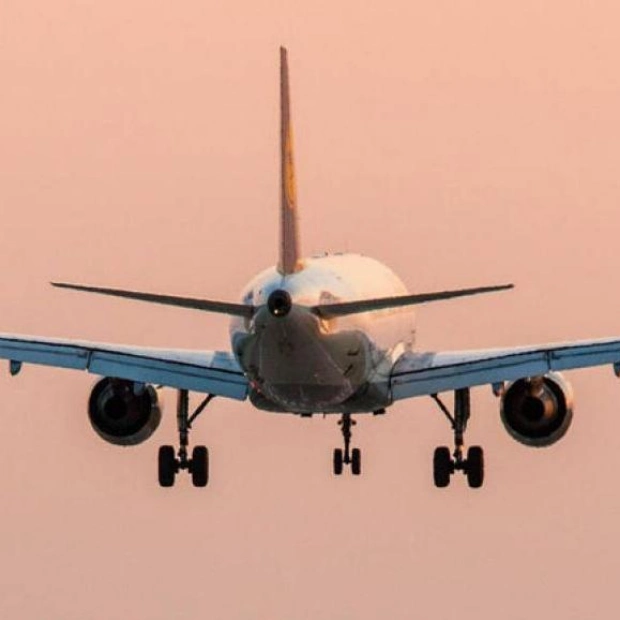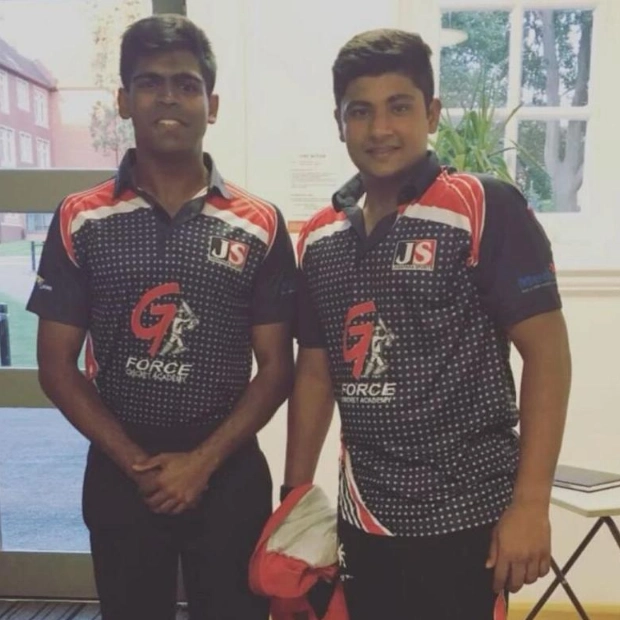November marks a month-long celebration of creativity throughout Saudi Arabia’s Eastern Province, as “Alsharqiya Gets Creative” takes center stage. Now in its fifth year, this initiative, spearheaded by The King Abdulaziz Center for World Culture, Ithra, encourages local organizations to develop and present creative programs for the community. These programs often feature local talents such as poets, designers, chefs, and filmmakers sharing their skills. Public talks, exhibitions, and hands-on workshops are expected to be part of the initiative, which runs from November 1-23, at various locations across the province. This year, 350 partner organizations in 10 cities are hosting over 1600 events. The ultimate goal is to enrich the creative culture of the Eastern Province, fostering an environment where innovation thrives.
Creativity is a multifaceted concept, often defined by novelty and usefulness. It involves creating “novel solutions that work,” whether through an original piece of art or a new online app. This broad understanding of creativity, emphasizing social good, is what Alsharqiya Gets Creative aims to promote and nurture. In past years, the initiative has expanded access to creative activities for marginalized groups and supported emerging creative industries. Beyond Saudi Arabia, many countries are also investing in fostering creativity at a population level. The global creative economy, a blend of human creativity and technology, is booming, significantly boosting economic development and job creation. Recently, during a visit to South Korea, I witnessed this firsthand in Seoul’s Seongsu-dong district, where traditional industries have been revitalized by creative ones.
In recent decades, the South Korean government has actively promoted the growth of creative industries, leading to the global success of K-pop and K-dramas. For instance, Squid Game became Netflix’s most-watched series, and BTS achieved a record 33 No. 1 songs on the Worldwide iTunes Song Chart. According to a report by the United Nations Conference on Trade and Development (UNCTAD), Korea’s creative sectors grew by 4-5% in 2021, employing over 600,000 people and generating $12.4 billion in export revenue, compared to $4.7 billion from consumer electronic equipment exports. Creativity is not only good for the economy but also for individual well-being. Research suggests that psychotherapeutic techniques designed to manage emotional difficulties can also enhance creative thinking, particularly for those less inclined towards creativity. Techniques like cognitive reappraisal and mindfulness-based approaches can foster curiosity and openness, key traits associated with heightened creativity.
Mindfulness improves concentration, reduces the fear of judgment, and enhances openness to new experiences, all of which contribute to creative thinking. Perhaps we can adapt some psychotherapeutic techniques to promote creativity. Alongside mindfulness-based cognitive therapy, mindfulness-based creativity enhancement could be a promising avenue. Given the positive impact of creativity on individuals and society, these ideas merit further exploration. I hope to conduct a workshop on this topic during this year’s Alsharqiya Gets Creative.
Source link: https://www.khaleejtimes.com






